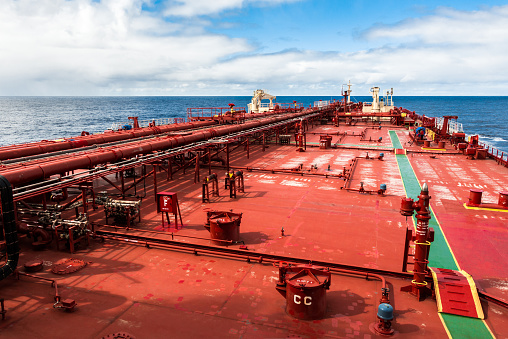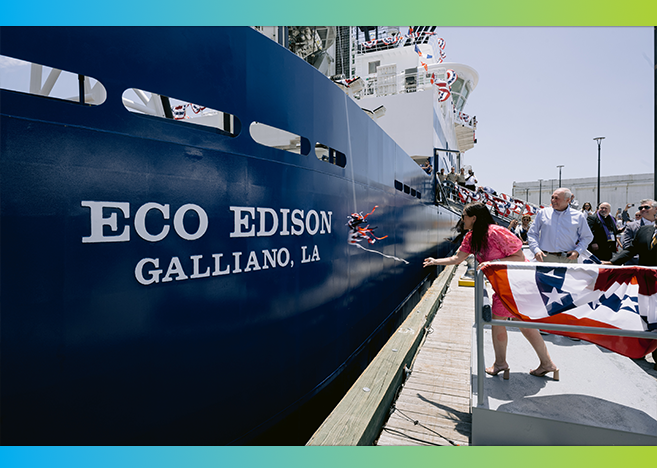Shipping costs for the Gulf have fallen in the past two days after a ceasefire was reached between Israel and Iran, although rates could rebound if tensions increase, shipping and insurance industry sources said on Thursday.
The conflict had raised concerns that Iran could close Hormuz, the strait between Iran and Oman through which around 20% of global oil and gas demand flows amid broader fears that oil could soar to $100 a barrel.
Shipping costs for the Gulf have fallen in the past two days after a ceasefire was reached between Israel and Iran, although rates could rebound if tensions increase, shipping and insurance industry sources said on Thursday.
The conflict had raised concerns that Iran could close Hormuz, the strait between Iran and Oman through which around 20% of global oil and gas demand flows amid broader fears that oil could soar to $100 a barrel.
War risk insurance premiums for Gulf shipments softened to between 0.35-0.45%, from a peak of 0.5% on Monday, sources said. This compares with levels of around 0.3% in recent months. The cost of a seven-day voyage is based on the value of the ship and the drop will translate into tens of thousands of dollars less in additional costs each day.
“Rates have definitely softened,” said David Smith, head of marine with insurance broker McGill and Partners.
“Whilst war premiums are still significant there is a large number of war risk insurers looking to underwrite risks and offer capacity, which in combination with the improved political situation is adding ever downward pressure on rates. That said, the situation remains very fluid.”
Iran would respond to any future U.S. attack by striking American military bases in the Middle East, Supreme Leader Ayatollah Ali Khamenei said on Thursday, in his first televised remarks since the ceasefire.
Source: Reuters




